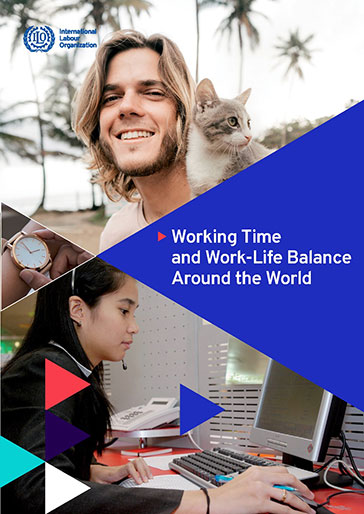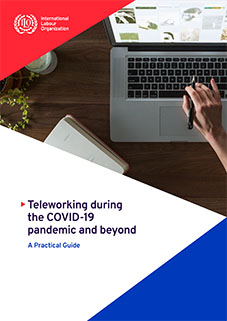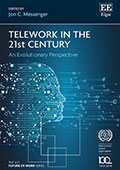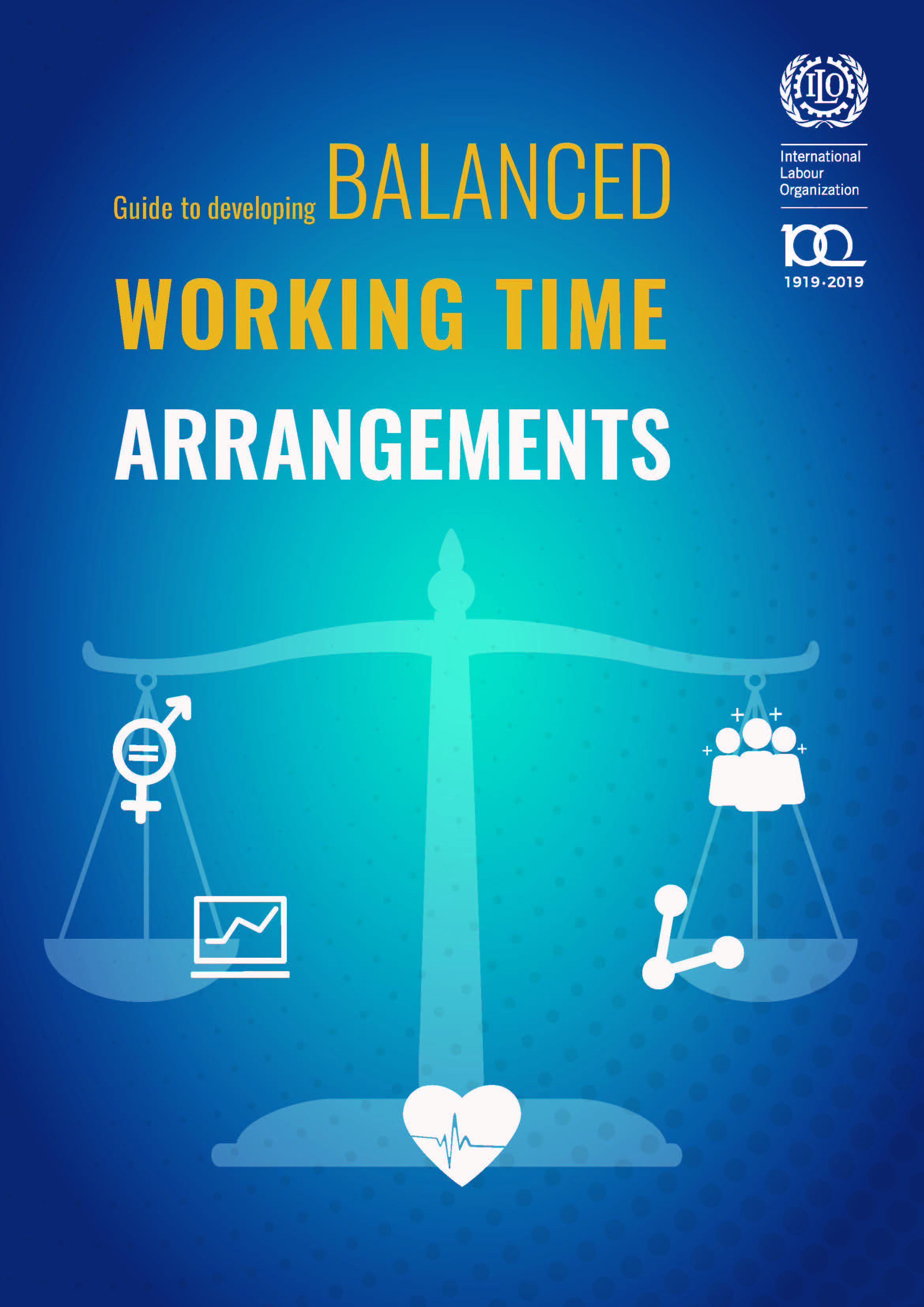Working time and work organisation

The subject of working time has been central to the work of the ILO since its inception, when it adopted the first of many international labour standards, the Hours of Work (Industry) Convention, 1919 (No.1). Some of the major challenges in this area remain those which have been important since the dawn of the industrial age: excessive hours of work and the need to protect workers’ health and safety by limiting working hours and providing adequate periods for rest and recuperation, including weekly rest and paid annual leave - which are enshrined in international labour standards. more...
Key publications
-

Working time and work-life balance around the world
Working Time and Work-Life Balance Around the World provides a comprehensive review of both main aspects of working time – working hours and working time arrangements (also called work schedules) – and their effects on workers' work-life balance.
-

Healthy and safe telework: technical brief
New analysis from the ILO and WHO sets out recommendations for safe and productive hybrid and teleworking.
-

Practical Guide on Teleworking during the COVID-19 pandemic and beyond
The purpose of the Guide is to provide practical and actionable recommendations for effective teleworking. More information
-

Telework in the 21st century: An evolutionary perspective
This insightful book offers a new conceptual framework explaining the evolution of telework over four decades. More information
-

Guide to developing balanced working time arrangements
This guide or manual is designed to assist organizations, both private and public, to make informed decisions regarding how to structure working time arrangements in a “balanced” manner for the mutual benefit of both workers and enterprises.
-
Conditions of Work and Employment Series No. 104
Overtime work: A review of literature and initial empirical analysis
Overtime is normally defined as working hours that are done in addition to normal (legislated) working hours during a day or a week. In many countries it may be compensated by overtime premium pay, which can play a role in worker remuneration.
-

Working anytime, anywhere: The effects on the world of work
This report considers the impact of telework/ICT-mobile work on the world of work. It synthesises research carried out by Eurofound’s network of European correspondents and ILO country experts.
-

Decent working time: Balancing workers' needs with business requirements.
Each dimension of working time improves work-life balance while simultaneously making enterprises more competitive.
Focus on work-sharing
-

Work Sharing during the Great Recession New Developments and Beyond
This volume presents the concept and history of work sharing, how it can be used as a strategy for preserving jobs and also its potential for increasing employment, including the complexities and trade-offs involved.
Latest
-

© BDRCS 2024
Wage policies
ILO reaches agreement on the issue of living wages
15 March 2024
-

© pcess609 2024
Platform economy
New report on platform economy marks first step towards considering a new international labour standard
31 January 2024
-

© S. Gombert / Cultura Creative 2024
Occupational Safety and Health
OSH measures key to prevent violence and harassment in the world of work, says ILO report
22 January 2024
Working time in the XXIst Century
-

17 - 21 October 2011
Tripartite Meeting of Experts on Working Time Arrangements
This meeting was the first international policy discussion of working time issues in nearly 20 years. The purpose of the meeting was to review and advise on modern working-time arrangements, which includes identifying the main policy issues that would need to be addressed to develop future ILO guidance for advancing decent work in the area of working time.
-
Discussion report
Working time in the twenty-first century
Analyses recent trends and developments relating to both the duration and organization of working time (contemporary trends, developments and effects with regard to different aspects of working-time organization such as hours of work and working-time schedules).
-
Final report and Conclusions
Final report and conclusions of the Tripartite Meeting of Experts on Working-time Arrangements